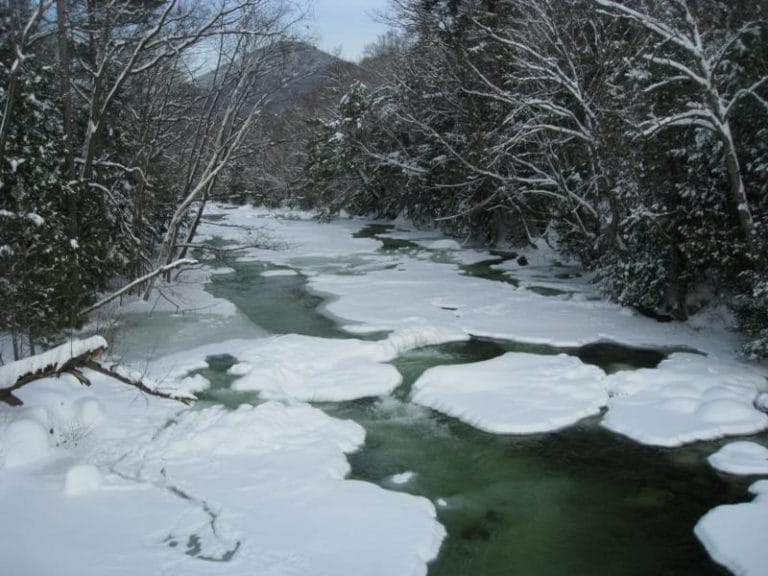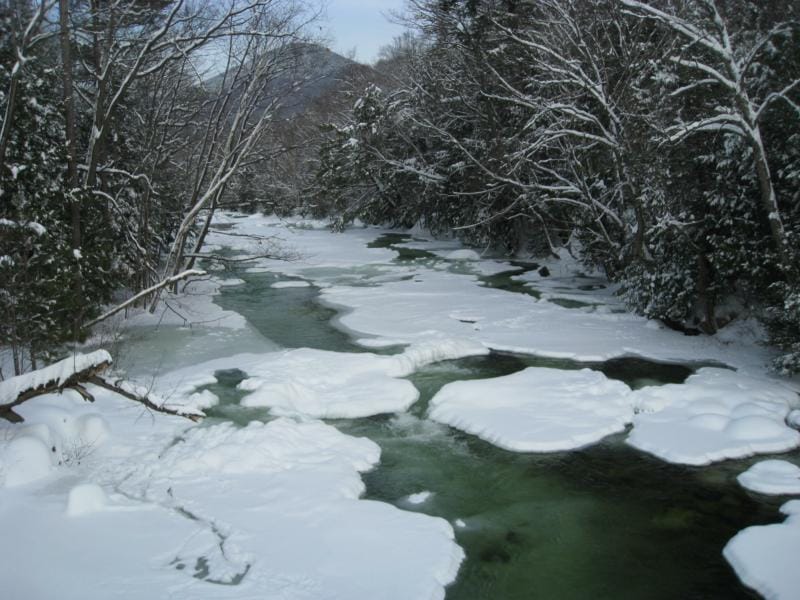High Potential for Flooding in MA and NH – Blame above average snowfall – Steps to Lessen the Chance of Basement Flooding
Apr 09, 2014

An article recently published on New Hampshire newspaper The Union Leader‘s website caught our attention. The potential for flooding with any rains this Spring is high.
We know from experience that heavy snowfall throughout the Winter leads to ground saturation in the Spring. When the snowpack begins to melt, the resulting water runoff seeps into the ground. If the ground is anywhere near frozen as thawing begins, then the runoff finds it way down and through any path it can conquer.

According to James Brown of the National Weather Service in Gray, Maine. “The fact that it snowed a lot this year doesn’t mean it’s going to rain a lot,” he said. However, with yearly snowfall totals measuring more than 20 inches above average in many places, Brown said, the ground is saturated and rivers are running high.
Brown also notes that way up in the “North Country” the snow has yet to begin its full melting cycle due to the colder temperatures that are lingering. Once the snowpack from the North begins to melt off, the rivers and ground will become even more soaked and saturated. This will increase the possibility of flooding.
There are a few things that you can do to help keep your basement and home dry.
Gutters and Downspouts:
- Check gutters and downspouts for clogs due to debris. Clear out any debris.
- Install extensions onto the end of downspouts to direct water further away from the foundation
Sump Pumps:
- Water test the pump. This is the best thing you can do to make sure your sump pump is working. Simply fill up the sump pump liner with water until the pump is activated. If there are any problems check the items listed below.
- Check the outlet the pump is plugged into with a hairdryer to make sure the pump has power.
- Test the float switch. The number one cause of pump failure is the float switch. Manually activate the switch.
- Make sure the check valve is not clogged or stuck.
- Check the discharge line to make sure the water being pumped out is not obstructed in any way.
- Test the alarms to make sure you they will sound in case of failures.[/alert]
If you find that your basement has flooded or has any amount of water in it, please note:
DO NOT DO ANY OF THE FOLLOWING
- Do Not – Walk in water that has come in contact with electrical wiring. Turn off the main power.
- Do Not – Enter a flooded basement alone. Always have someone around in case of emergency.
- Do Not – Pump out water to fast.
- Do Not – Drill a hole in the basement floor to drain water.
- Do Not – Mix bleach and ammonia when cleaning up after water damage.[/alert]
To help you get a head start on controlling basement water seepage, we have created a simple checklist for you to download. This checklist outlines the steps and the information shown above and, it provides more easy steps you can take to make sure your basement is prepared.

Be sure to call us 800-445-7593 should you find your basement in a wet, flooded out situation. We are available 24 hours a day, 7 days a week!

